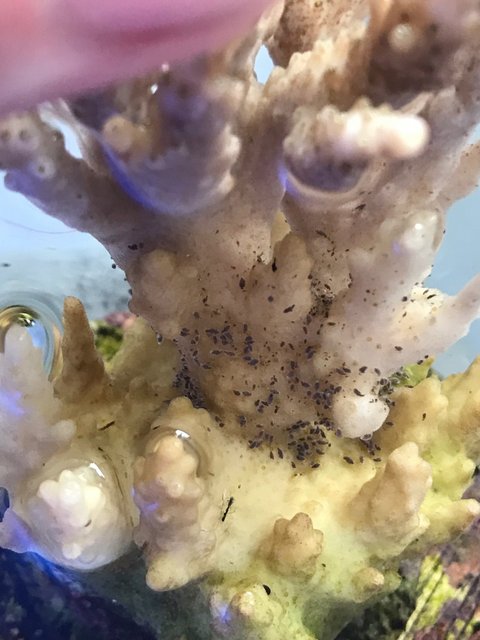Dip will not work as you found. Interceptor pill from a vet is the surest bet
Interceptor does NOT work on black bugs. If you read thru this thread. I've dipped them in a 1000x dose (an entire large dog breed pill in a cup of water) and it did nothing after several hours.
Interceptor works on red bugs, not black bugs. Black bugs are borderline impossible to kill. They survived 24 hours in milky white bayer, multiple hours in a 1000x interceptor dose, potassium chloride, iodine, reef dip, etc. The only thing that kills them is a 4x dose of CoralRX for about 10 minutes, this works perfectly, unfortunately it also kills basically any coral other than the strongest of zoas.




















